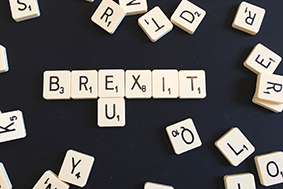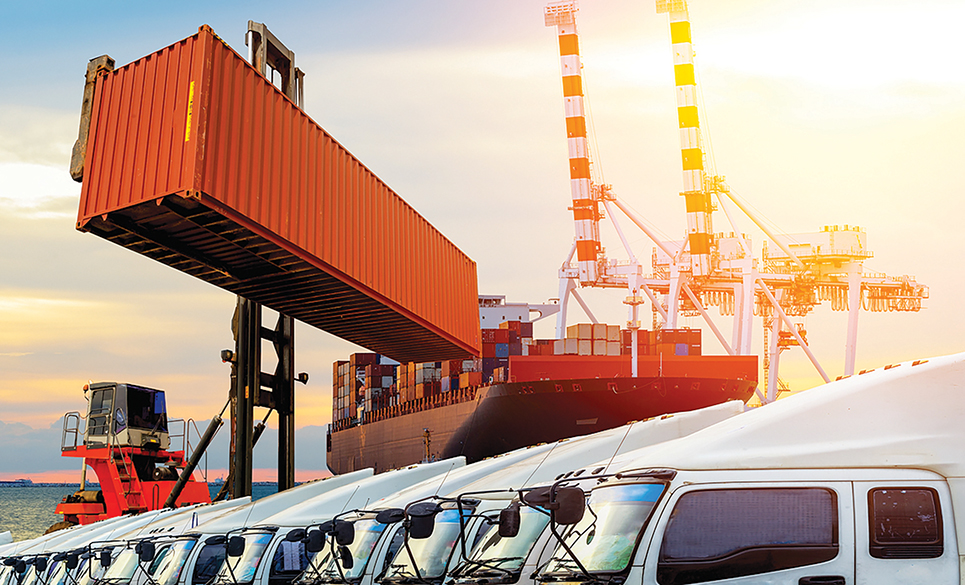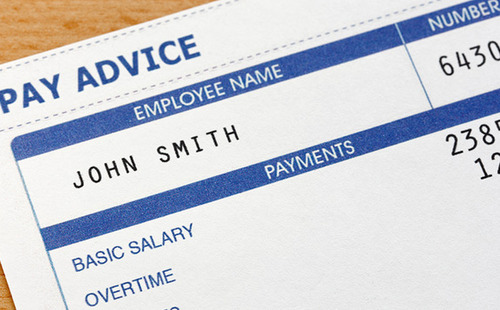
With the terms of our exit from the EU still uncertain and with the political situation on a continual knife edge, businesses looking for ways to plan for a smooth transition following March 2019 or the transition period are of course struggling to understand their options.
Sensibly though, any business which brings goods into the UK from the EU, or sends goods into the EU, should start reviewing how they might be affected and look for advice about what custom schemes or supply chain changes might help them.
What is AEO status?
One of the options highlighted by the UK Government to help reduce the risk of delays at the post-Brexit border is the AEO certification, an ‘internationally recognised quality mark indicating that your role in the international supply chain is secure, and that your customs controls and procedures are efficient and compliant.’
The scheme is available to any company involved in the international supply chain which carries out customs related activities in the EU including manufacturers, exporters and importers.
Although the process is rigorous, the application process can be beneficial, helping companies understand their own supply chains and exposure.
You can apply for AEO status for customs simplification (AEOC), AEO status for security and safety (AEOS) or both.
What are the benefits of AEO status?
The AEO benefits are dependent on the type of authorisation held (either AEOC or AEOS) and include the following:
An industry ‘kite mark’ standard and useful marketing tool
A recognised status across the EU that should make it easier for businesses to apply and use simplifications across the Union
Up to a 70% reduction in a deferment account guarantee
Reduction or waiver of a comprehensive guarantee
Fewer physical and document-based controls related to other customs legislation
Swifter application processes when applying for customs simplified procedures such as Customs Freight Simplified Procedures, Inward Processing and Customs Warehousing etc.
A lower risk score which will be incorporated into customs’ risk management systems and be used to determine the frequency of customs physical and documentary checks
Consignments selected for examination will receive priority over non-AEO consignments through customs controls
Mutual recognition with countries outside the EU and trading partners that have adopted the World Customs Organisation Safe framework (such as USA, China, Japan, Norway and Andorra)
Brexit implications
The AEO scheme may be beneficial for businesses that have a substantial level of B2B sales of goods to customers in Europe. Currently we don’t know what the UK’s participation in the Customs/VAT Union may look like post-Brexit. Therefore, businesses may see disruption and delays in their international supply chain, particularly in terms of despatches to other EU countries.
AEO certification should be considered by businesses seeking to preserve the speed of their supply chain as a potential proactive tool, to enhance their business continuity and contingency planning as the Brexit negotiations continue.
How we can help
For advice on how AEO status could benefit your business or how to achieve certification, please get in touch with Dan Hobbs on 01903 234094. Don’t forget to sign up to our monthly newsletter service at www.carpenterbox.com/newsletter






